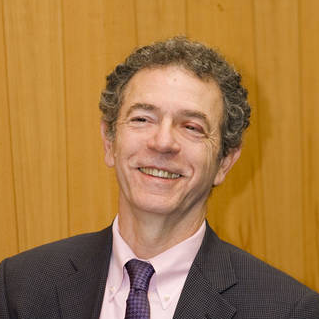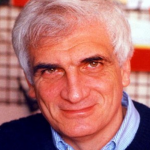Who we are
Vittorio Loreto (Lead) |
|||
Vito D. P. Servedio |
Francesca Tria (Turin Team Coordinator) |
||
Elisabetta Falivene |
Pietro Gravino |
||
Bernardo Monechi |
Christine Cuskley |
||
Cesare Bianchi |
Giovanna Chiara Rodi |
||
Indaco Biazzo |
Miguel Ibáñez Berganza |
||
The Kreyon Scientific and Ethics board
Ilan Chabay |
François Pachet |
||
Ennio Peres |
Luciano Pietronero |
||
Judit Polgar |
Andreas Roepstroff |
||
Luc Steels |
Annamaria Testa |
||
Bo Stjerne Thomsen |
Stefan Thurner |
||

 CONNECT
CONNECT



